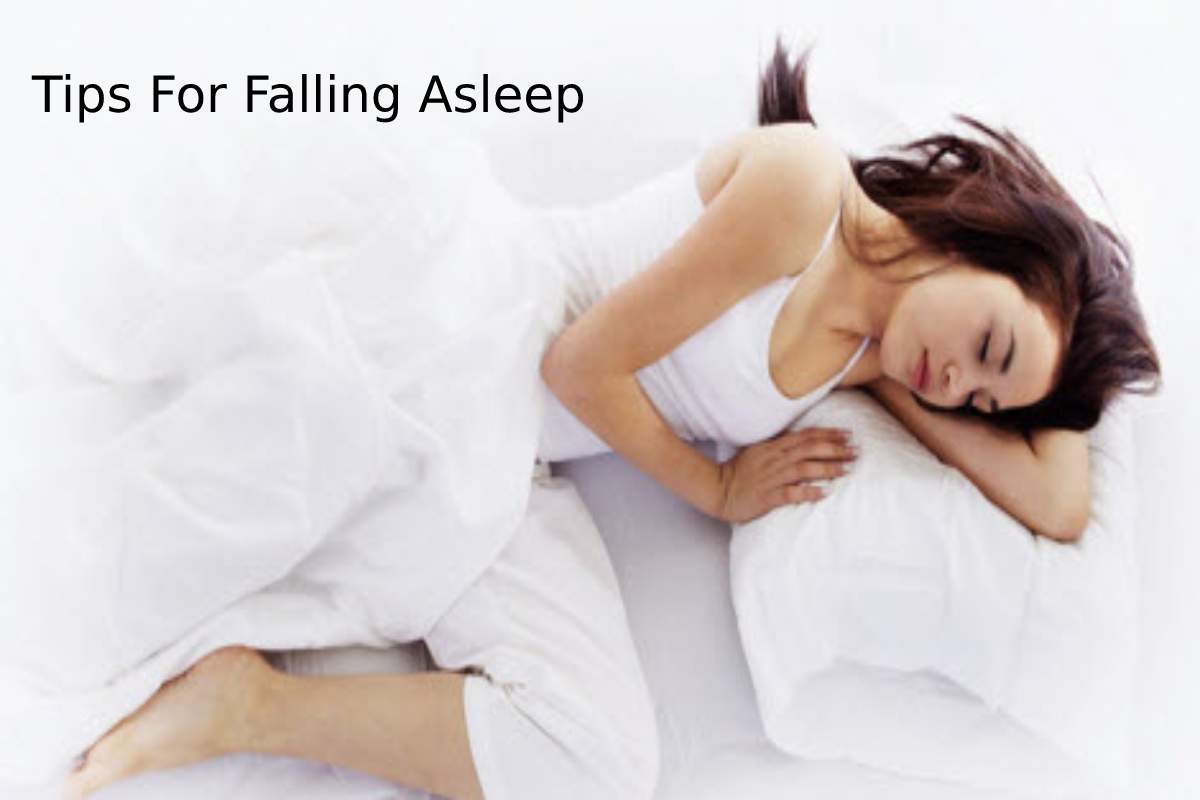Falling Asleep –
Breathing Technique To Fall Asleep.
Your breath is a tool that you always have with you and it is absolutely free. If you’re having trouble falling asleep, try this breathing technique: Breathe in and mentally count to three. Then hold your breath and count to five as you exhale. Your focus is on the breathing process, the tension can flow more easily. After three minutes, return to your normal breathing and notice how easily your breath flows. Say to yourself the formula derived from autogenic training: “The breath is calm, it breathes me.”
Relaxing Sounds: Music To Fall Asleep
Music can have the same effect as a mental relaxation technique. For your muscles to relax and your blood pressure to drop, the tones should have a slow, steady rhythm and few ups and downs. With streaming providers like Spotify or YouTube, you will find suitable playlists with the keyword “Music to fall asleep”. Perhaps you are one of those persons who respond best to the sounds of nature. The Sleepo app offers whispering trees, crackling fire or gurgling water at the touch of a button. Does your partner feel disturbed by your relaxation music? Try the Sound Sleep Speaker Pad that easily connects to your smartphone.
The Bedtime Routine
It is best to eat only light meals at night. If your daily routine allows it, going to bed and getting up at the same time every day will help. The body adapts quickly, it loves routines. If this regularity is not successful (you also want to go out or watch a movie until the end) you can deviate a little from the rule. Do you work rotating shifts and find it difficult to develop fixed routines? We explain how you can continue to sleep as well and healthily as possible. Turn off all blue light sources and dim lights in the last half hour before bed. Mobile phones, the Internet and computer games should be avoided as they stimulate the brain and drive away fatigue. On the other hand, you want to calm your brain and reduce mental and physical activity. Reading, a relaxing hobby, listening to music, or meditating are better options. BARMER members can use the 7Mind app for free and learn meditation techniques. More attention makes us more relaxed and balanced, and we can fall asleep easier and faster.
Avoid Alcohol, Caffeine, And Heavy Foods.
An occasional glass of wine in the dusk can help you fall asleep. However, too much alcohol prevents you from sleeping through the night because it stimulates sweat production, alcohol-related dehydration (exsiccosis) and thus thirst, and last but not least, increases your use of the bath. Alcoholism also leads to withdrawal, which also wakes up the affected person.
Heavy food also disrupts sleep because the body has to work harder to digest it. Carbohydrates and proteins (proteins) are easier to digest than fatty foods. Therefore, people with insomnia should not eat just before going to bed. There is no universal rule about how long before bed.
Coffee and caffeinated soft drinks are also not good for sleep. Caffeine is the sleep-inducing antagonist of adenosine, and since caffeine occupies the same receptors as adenosine, it also inhibits fatigue.

